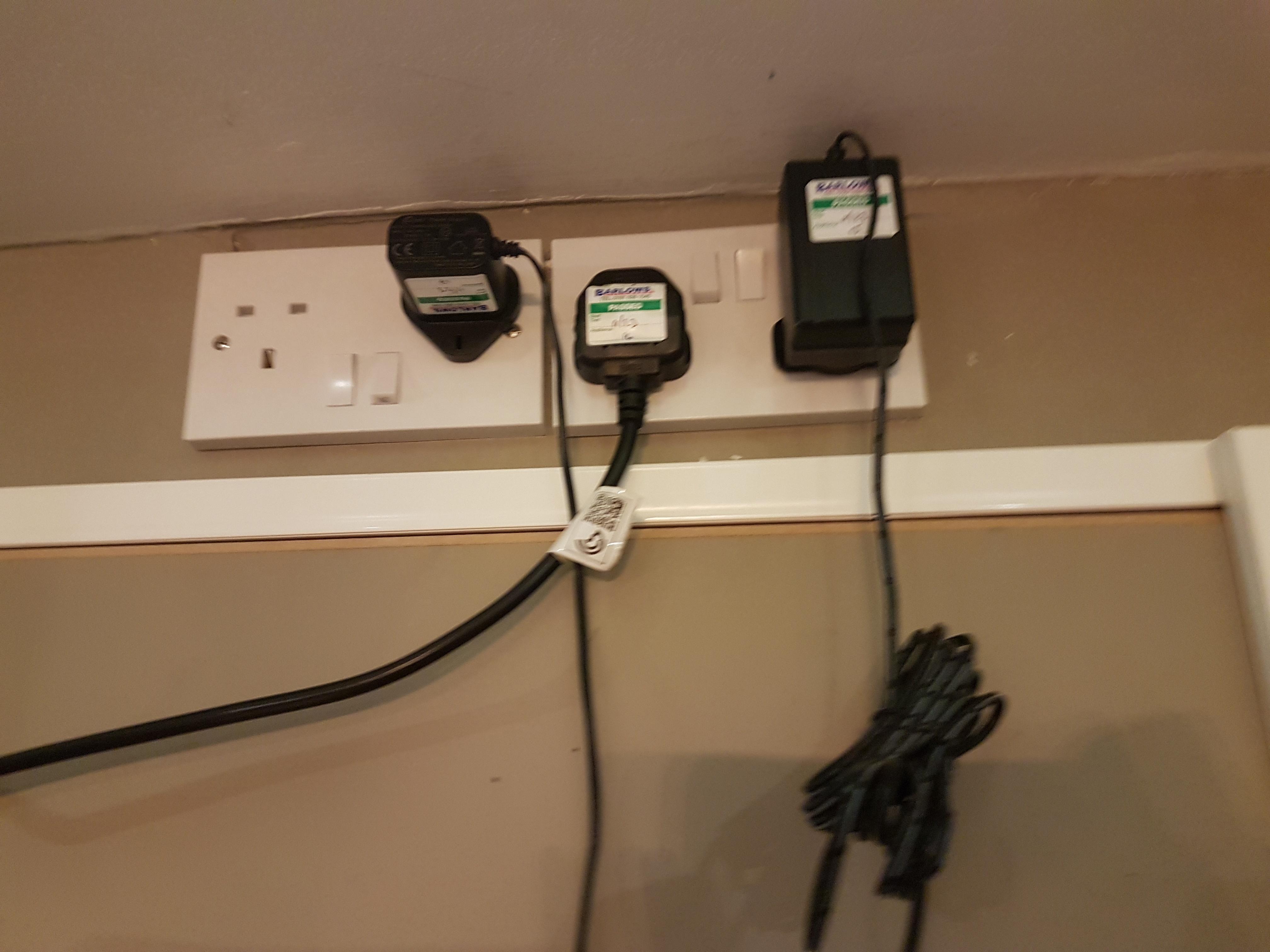It depends on the specifics of the experiment. Throughout the 20th century, the people most keen on unethical medical experiments seemed the least able to design useful experiments. Sometimes people claim that we learned lots from the horrific medical experiments taking place at Nazi concentration camps or Japanese facilities under Unit 731, but at best, it's stuff like how long does it take a horribly malnourished person to die if their organs are removed without anaesthesia or how long does it take a horribly malnourished person who's been beaten for weeks to freeze to death, which aren't much use.
AnyOldName3
Someone was telling me the other day that the cheapest new car available in the UK was an electric Dacia. Obviously, you can get a used car for less than a new one, but electric cars are within reach of normal people, or at least normal enough people to not have Mr Moneybags budgets.
Would it be a non-planet for the millions of years it would take to clear its orbit?
Does Earth’s body/features magically change somehow for the duration of the clearing process, so that it doesn’t resemble a planet?
Clearing the orbit of other material, and in the process, accumulating it and incorporating it into a protoplanet is the process that turns a protoplanet into a planet. While that's happening, it's getting bigger and rounder and is constantly surrounded by impact debris that's in the process of forming moons and rings or is in a decaying orbit. All of these are processes local to the protoplanet that don't happen anymore once it's become a planet.
Everything about Earth is still the same, skies, oceans, etc. Only difference is that it’s crowded in by other bodies now.
Is pretty clearly saying the skies and oceans would be the same after the Earth's been swapped with part of the Sun.
That wasn't a point I made. You said the Earth's skies and oceans would be the same after the hypothetical Earth swaps places with an Earth-sized lump of the Sun event, and I pointed out that they'd be destroyed within seconds. That was kind of separate to the original poorly-thought-through suggestion you made about planet location swaps, and was a second poorly-thought-through claim.
Your original idea only holds if it's still valid to claim Mars still has oceans, even though they're all gone. When things stop existing, it changes their properties.
I personally don't think they can be counted as skies and oceans etc. anymore when they're being mixed in with multi-thousand-degree hydrogen/helium plasma. On a cosmological timescale, the Earth is converted to just more plasma in an instant. The reality on the ground of the body is that the ground's gone and everything living there is gone and so's the mantle under the ground. Things are defined partially by their interactions with their surroundings and the state they're currently in, not how they used to be. Theia is not a planet, even if the theory where it once was turns out to be right. It stopped being a planet when it collided with the Earth, disintegrated, and re-accreted into parts of the Earth and the Moon.
I don't think that can work. If you pick a random Earth-sized lump of the Sun as a potential planet, and swap its place with Earth, Earth would quickly get mixed in with the rest of the Sun and stop being a distinct entity, so be very silly to still call a planet, and without the Sun's huge gravity to keep it held together, the lump of Sun would spread out into a gas cloud and then just become part of the interplanetary dust. Location makes some difference to whether or not something's a planet.
He gets the vineyard because he can be bothered to run the vineyard. There are plenty of other planets with French weather if other people want to run a vineyard. Because it's his childhood home and he's saved the planet, no one's going to strongly object to him getting that particular vineyard.
Ethereum's been proof-of-stake rather than proof-of-work for couple of years now, so it's no longer energy intensive.
There inherently can't be a way to make proof of work lies wasteful as long as there are people who want to do the work. If you make hardware more, then it makes it cheaper to do the same amount of work, so people buy more hardware and do more work and more power gets used. If you make hardware less efficient, people just use the old hardware. You have to abandon proof of work altogether and switch it to something else that isn't inherently tied to energy usage.
Plenty of plumbing is done with moulded plastic pipes and fittings, and I've 3D printed garden hose fittings (things like GHT to BSP adapters, which aren't easy to buy) with success, so it's not like moulding is the only way to make plastic good enough.

Starburst is the brand. The product you're thinking of is Starburst Fruity Chews (formerly known as Opal Fruits), but they make other products. They used to make the best jelly beans, under the name Starburst Joosters, but they got discontinued. It looks like either they're back, but under the much more boring name Starburst Jellybeans, or they've decided to make different jelly beans so given them a new name. Either way, they're still not available in the UK, and people seem to be complaining that the recipe changed recently to make them worse, so the hope this thread gave me has been thoroughly dashed.